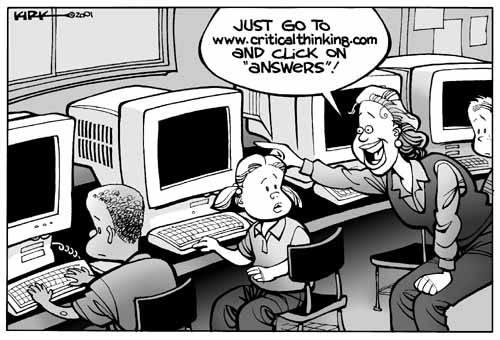
“Modern times” by Charles Chaplin is one of my favourite films. It shows the biggest economical problem in the US, which, then, affected the whole world. However, you can still laugh of them and ourselves.
“Modern times” makes 1929’s “The great Depression” look amusing, although this period was not. This was also the time when people was really mistreated. Just like “industrial revolution”, the conditions in which the people lived where dreadful, so poor people had to struggle and work really hard day in and day out in order to “survive”.
In “Modern times”, Chaplin plays the role of an enterprise worker. Anyone who sees the film, will notice that he didn’t like his job. I can say, therefore, that this film is the representation of all the people who worked in factories. Also, before this film, I’ve never watched a “black and white” film. I thought that they were antiquated and I didn’t understand them. However, I looked up the word “modern” in the Cambridge dictionary and it is defined as: “designed and made using the most recent ideas and methods”. So, after reading this description, now I understand the reason why Chaplin made these kinds of films.
If we compare that context of Chaplin’s film and this actual context, I think that we are returning to the 1929’s reality. Nowadays banks have broken, prices have highly increased because of Inflation. As people don’t ask for loans in banks (because they are afraid of being unemployed), there’s no “money movement”. As there’s no “money movement”, there are no constructions of new buildings whatsoever, because the people is afraid of investing money in something that, later on, will be “valueless”. Therefore, as there are no constructions, there are more unemployed people.
If we read this, it sounds really sad and discouraging. Are we that bad? Were they, in 1929, that bad as well? There are some investigations that, throughout this era, people killed themselves, because they weren’t brave enough to make every effort to “stay alive”.
To me, the title of the film - “Modern Times”- recalls images of technological devices, which make people’s life and living conditions better. On the contrary, if we take a look at our past, people were underestimated in their jobs and their salary was a clear representation of it.
Although all the sorrow that this time might show, Charles Chaplin’s film gives a splendorous moral out of it: If they didn’t learn from the past, it’s time for us to do so.
To sum up, I will recommend this movie, because it’s a great opportunity to know more about this critical period of all times and also, to make a comparison between their “modern” reality and our “contemporaneous” reality , which is not that different.



